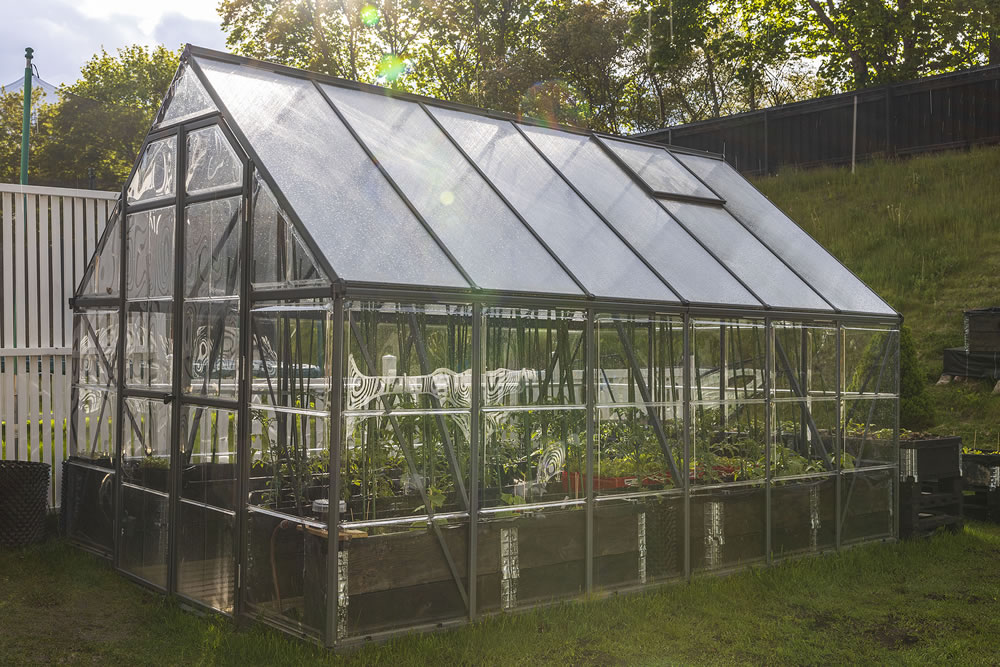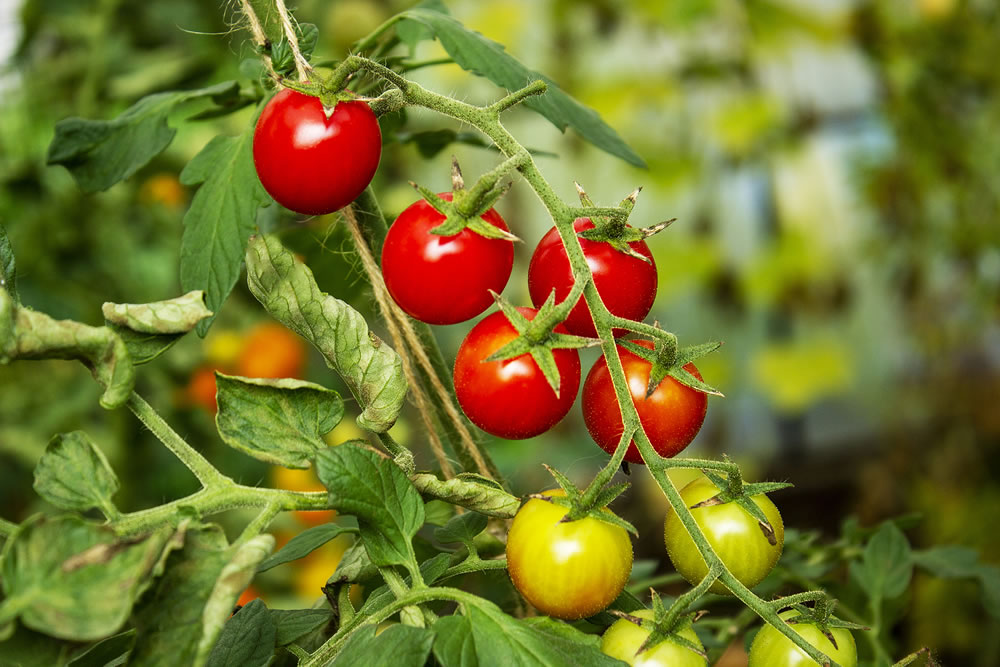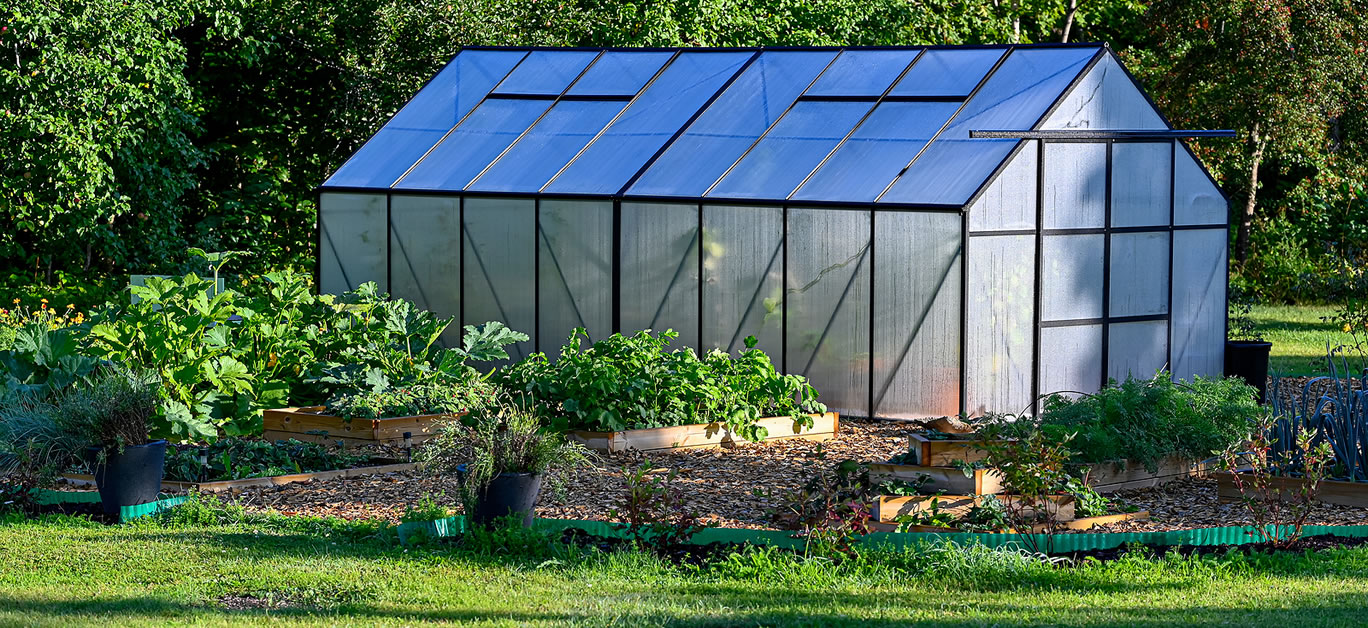Ok, so summer is well and truly gone and we are well in the throes of autumn, but you may not want to abandon your garden and put your trowel down quite yet. Your green fingers may just be itching to work their magic on a plot in your garden and grow something delicious or decorous, so what’s the best solution for you? Purchase a greenhouse, of course!
If you live on a property with a spacious back garden, growing your own fruit and vegetables can prove to be an excellent way to spend your spare time. Not only does growing your own fresh produce ensure that you know just where your food is coming from (it’s about as organic as it gets), but gardening is also said to be a great focus improver, while positively benefitting your mental health, too.
The staple of any grand garden, the greenhouse may seem like something your grandparents would be more interesting in but with younger generations becoming more environmentally aware, we are certainly starting to see a rise in home-grown produce, and this is a feature you most certainly need if you wish to grow an array of plants throughout the year.

Whether you are buying your first greenhouse or your current offering is desperately seeking an upgrade, you will have a few things to consider before purchasing, so before you go ahead and buy your next greenhouse from this UK supplier think about the materials, size, shape and other features that are suitable for your fanciful upgrade.
Below are five things to keep in mind when searching for the perfect greenhouse to complete your luxury garden.
Size
The very first thing you need to consider when buying greenhouses online is the size you require, and this will also depend on the amount of outside space you have. The smallest one you should get should be at least six feet wide and the eaves of the greenhouse should be at least five feet tall. This way you’ll get plenty of natural light during the day – an essential for all the delicious home-grown produce you’re growing.
Shape
When scouring the options, you will notice that there are three main shapes you will come across and these are traditional, lean-to, and octagonal. The traditional greenhouse resembles a small house, and this makes a good option for big backyards. They can also be found with pitched entrance spaces – a fantastic feature of larger versions. Lean-on versions might be good if you have an existing wall you want to utilise and this is a good way to save space in smaller areas, while the existing wall can provide extra warmth. The octagonal options are usually smaller and therefore ideal for awkward spaces but can be a striking addition to your garden.

Ventilation
Greenhouses, by nature, can get very hot, especially during summer, and it is therefore important ensure hot air can be released, while allowing cooler air in to circulate as well. If you don’t know how to install the vents, make sure to consult a professional who can handle this for you.
Positioning
A well-positioned greenhouse is one that has plenty of light and sunshine to help those tasty fruits and vegetables to grow. Make sure you have an easily accessible spot in your garden where light is at a premium, and ideally not too far from a water source either.
Material
Last, but not least, you will need to think about what material you wish the frame to be made of. Timber and aluminium are your options and while aluminium is low maintenance and has the power to be powder-coated, timber looks better, maintains a more constant temperature and is worth the extra maintenance and cost.






















